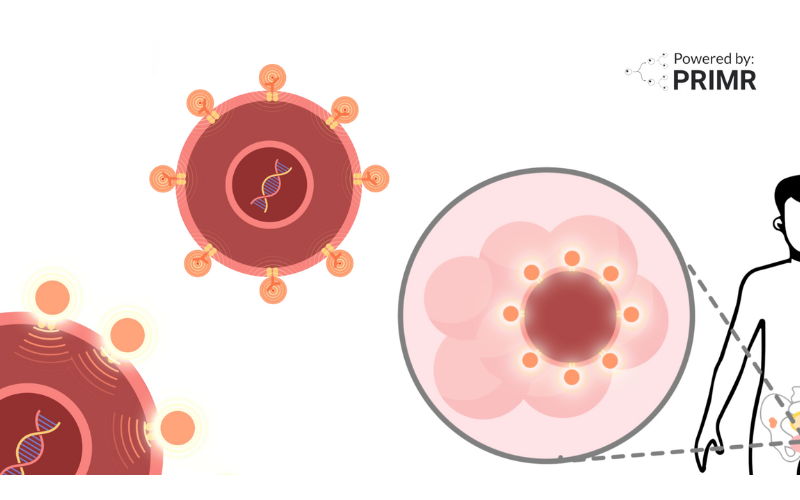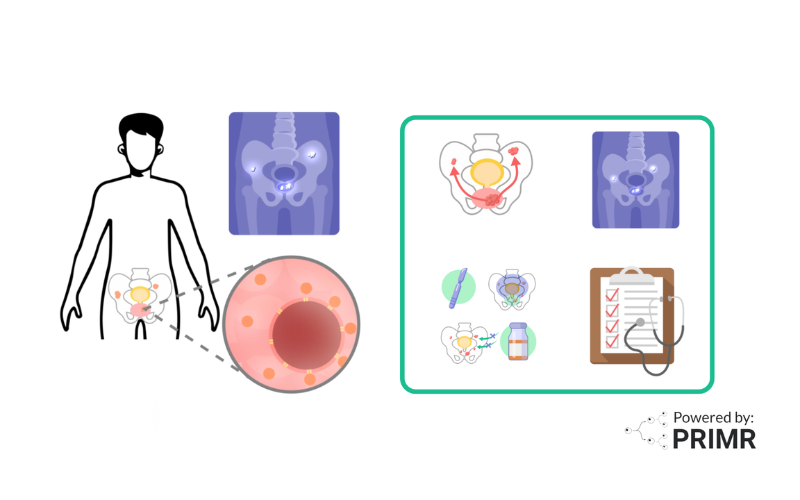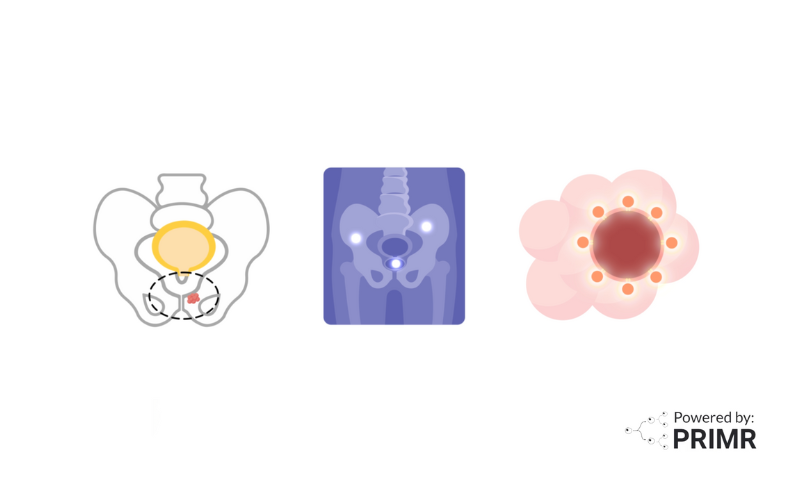Understanding Oncotype DX: Tailoring Breast Cancer Treatment

By: David Grew MD MPH
"...Oncotype DX helps doctors and patients tailor the treatment to their specific needs."
∗ ∗ ∗
We used to live in a world where many women received chemotherapy for breast cancer and unfortunately received no benefit. Lots of side effects and long-term complications with no increased chance of cure. Fortunately, we’re now much better at predicting which women will, and perhaps more importantly, which women won’t benefit from the addition of chemotherapy to hormone therapy.
Enter Oncotype DX - a genomic test that helps doctors make more personalized treatment decisions for patients with breast cancer. Genomic test means it is testing the genes of the cancer, not the genes of the patient.
Typically Oncotype is ordered for women with:
- Tumor size smaller than 5cm
- Hormone-positive (estrogen and progesterone) breast cancer
- no lymph nodes with cancer, OR 1-3 lymph nodes with cancer
- HER-2 negative breast cancer
Oncotype DX tests 21 cancer genes. It takes that information and translates it into a score of 0-100 that predicts how aggressive that individual’s cancer will behave.
Doctors use this information to make personalized recommendations about whether or not patients need to have chemotherapy.
For patients with high Oncotype scores, chemotherapy is helpful to defend against the risk of aggressive cancer growing back after surgery. For patients with low Oncotype scores, there is no benefit to adding chemotherapy and those patients can have hormone therapy alone. In other words, Oncotype DX helps doctors and patients tailor the treatment to their specific needs.
Reduced Overtreatment:
One of the biggest benefits is avoiding unnecessary chemotherapy. Chemotherapy may cause severe or long-term side effects. Oncotype DX helps identify those who are unlikely to benefit from it, sparing them from unnecessary suffering.
Improved Outcomes:
By customizing treatment plans, Oncotype DX can lead to better outcomes. It increases the chances of successful treatment while minimizing the risks associated with over-treatment.
Limitations:
Cost: Oncotype DX can be expensive, and insurance coverage may vary. It's essential to discuss the cost and insurance options with your healthcare provider.
Not for All Breast Cancers: This test is most beneficial for specific types and stages of cancer, particularly breast cancer. It may not be suitable for all cancer patients.
Not a Standalone Decision: Oncotype DX is just one piece of the puzzle. It's used alongside other factors like tumor size, lymph node involvement, and patient preferences to make treatment decisions.
In summary, Oncotype DX is a valuable tool in the fight against cancer, offering personalized treatment options and reducing unnecessary treatments. However, it's crucial to discuss its suitability and cost with your healthcare team to make informed decisions about your cancer treatment.
∗ ∗ ∗
Note: This content does not constitute medical advice. Always consult with your doctor before making any medical decisions.
PRIMR Statement: This blog is about a commercial product. Content here is not vetted by the manufacturer. We did not receive compensation for this work.
FAQs:
How does the Oncotype DX test differentiate between breast cancer patients who will benefit from chemotherapy and those who won't?
The Oncotype DX test evaluates 21 cancer genes to generate a score ranging from 0-100, predicting the aggressiveness of an individual's breast cancer. This information guides personalized treatment decisions, indicating whether chemotherapy would be beneficial in preventing aggressive cancer recurrence after surgery.
What factors determine the cost of the Oncotype DX test, and how can patients navigate insurance coverage for this test?
The main limitation of the Oncotype DX test is its cost, which can be substantial. Insurance coverage for the test may vary, so patients must discuss the cost and available insurance options with their healthcare providers to make informed decisions about their cancer treatment.
Can the Oncotype DX test be used for other types of cancer, or is it specifically designed for breast cancer?The Oncotype DX test is most beneficial for specific types and stages of cancer, particularly early stage estrogen receptor positive breast cancer. It may not be suitable for all patients, and its results are used in conjunction with other factors such as tumor size, lymph node involvement, and patient preferences to make treatment decisions.
Other Posts

Nuclear Medicine: PSMA Treatment Explained from a Doctor’s Perspective

Nuclear Medicine: PSMA Imaging and Its Impact on Prostate Cancer Care
